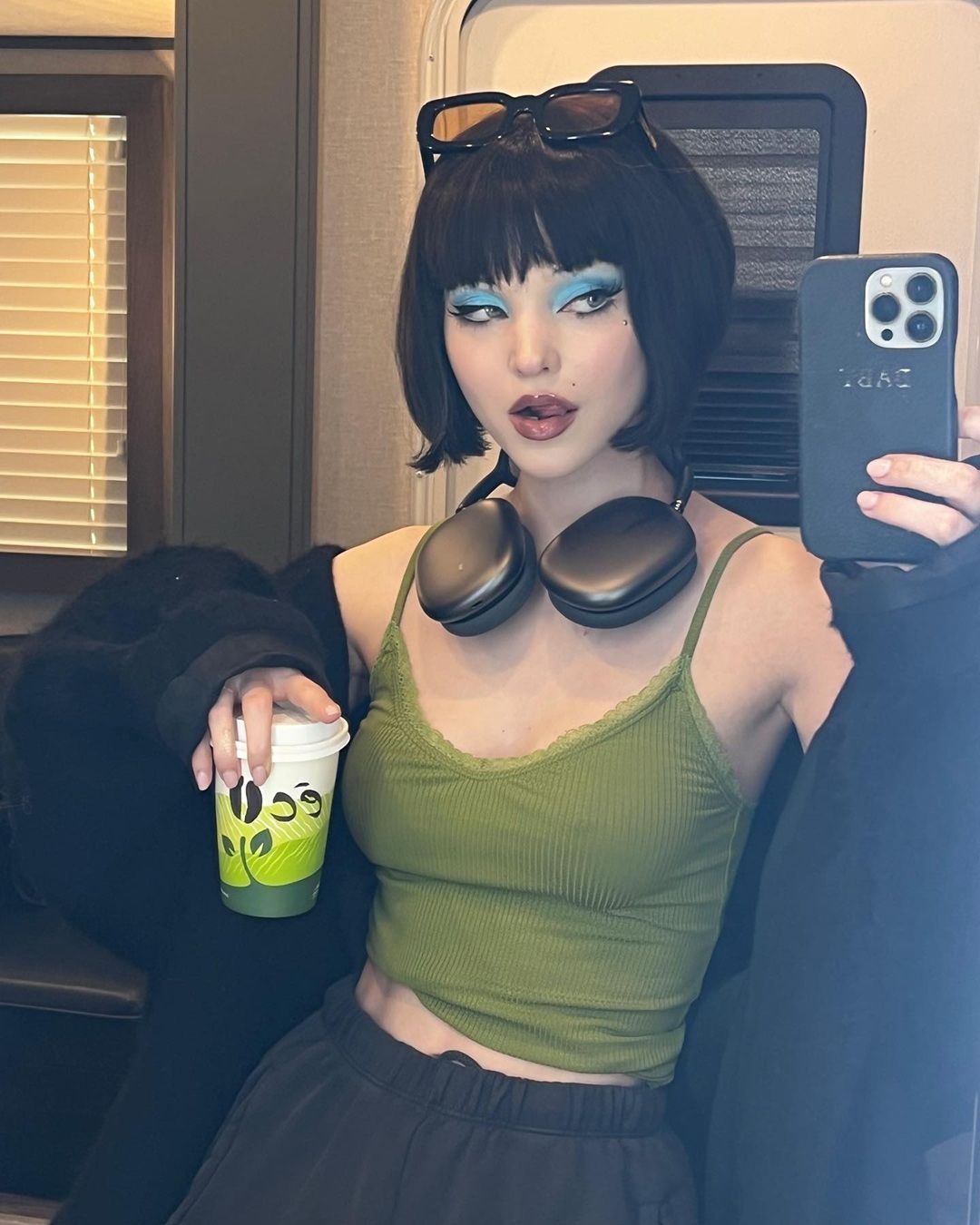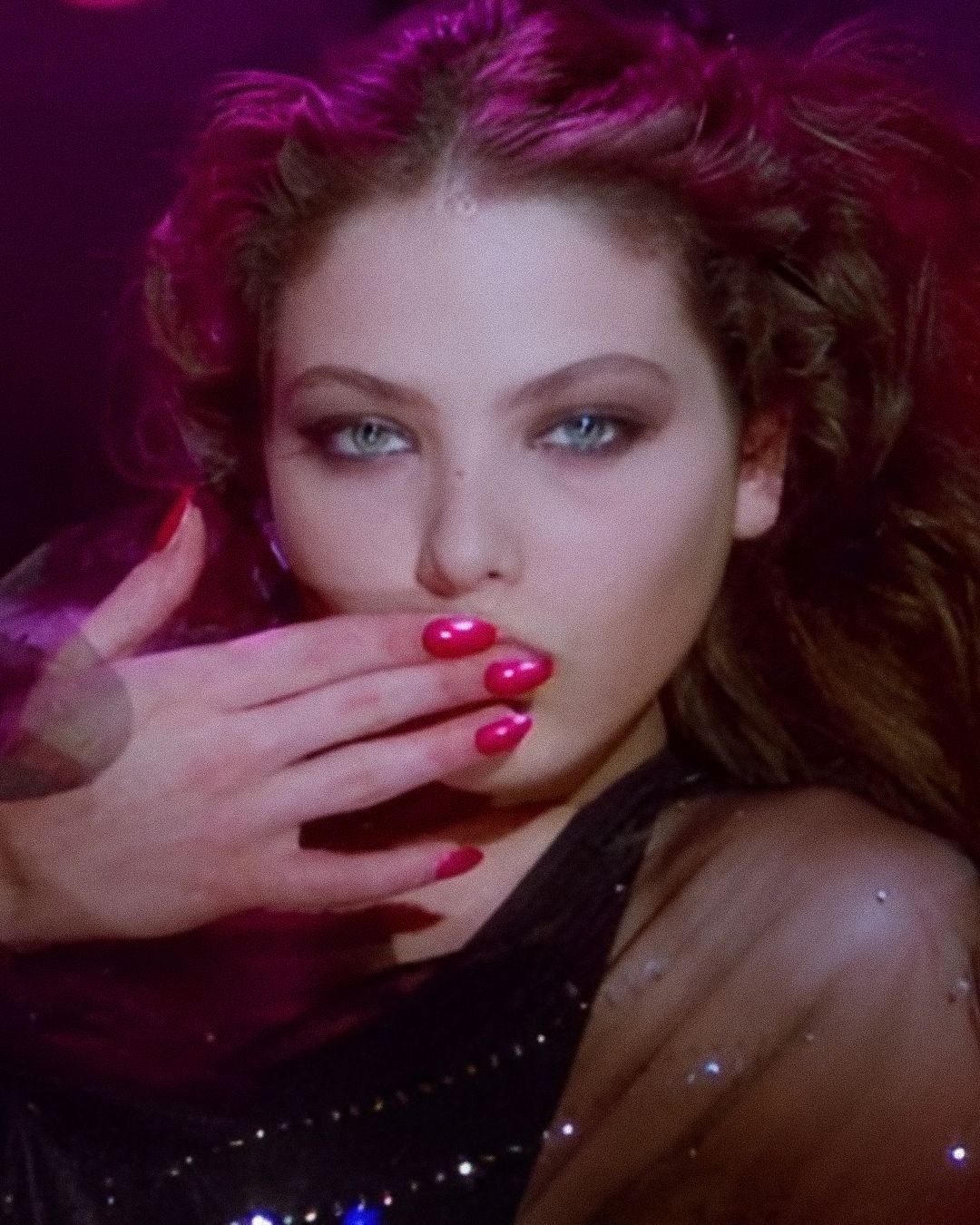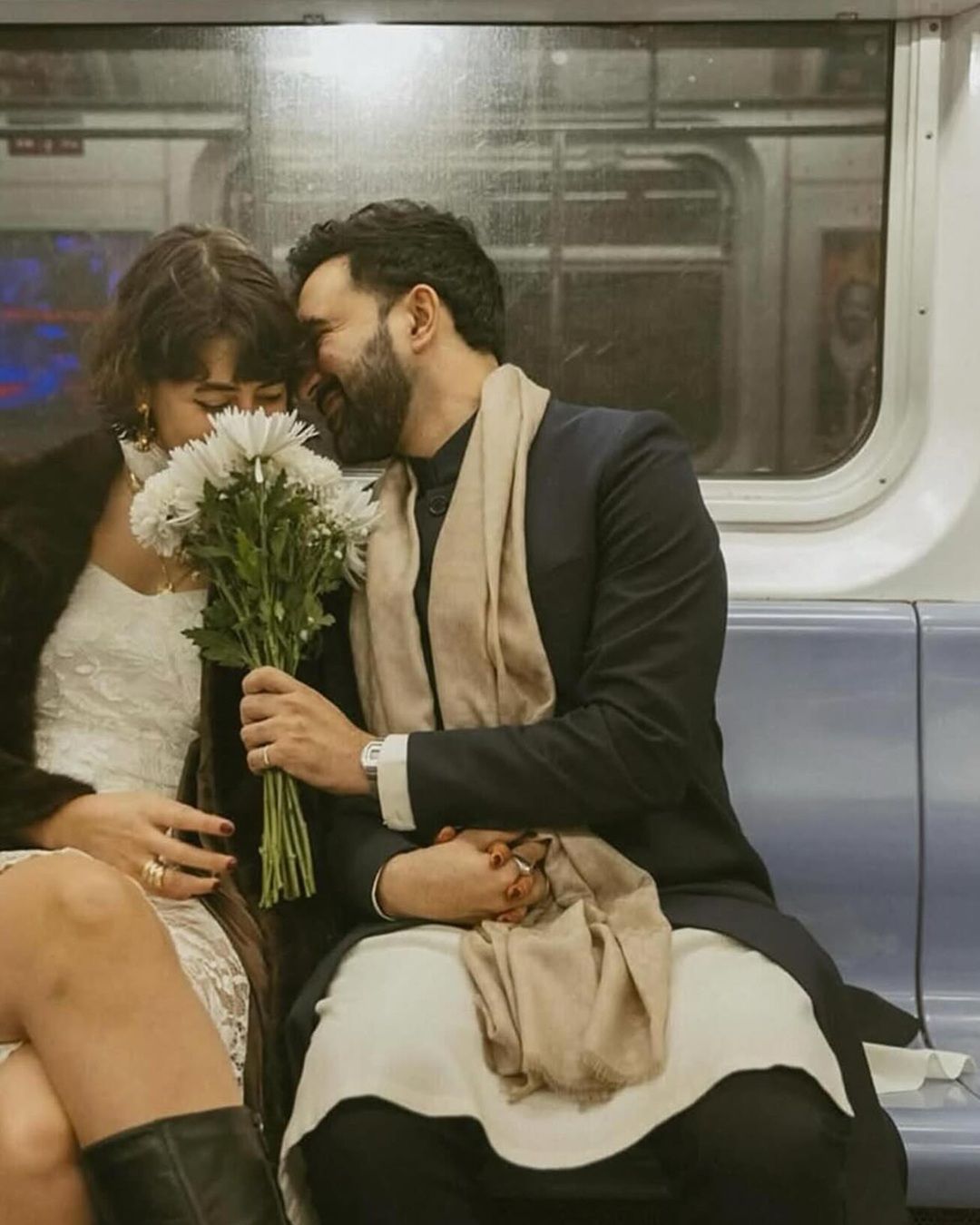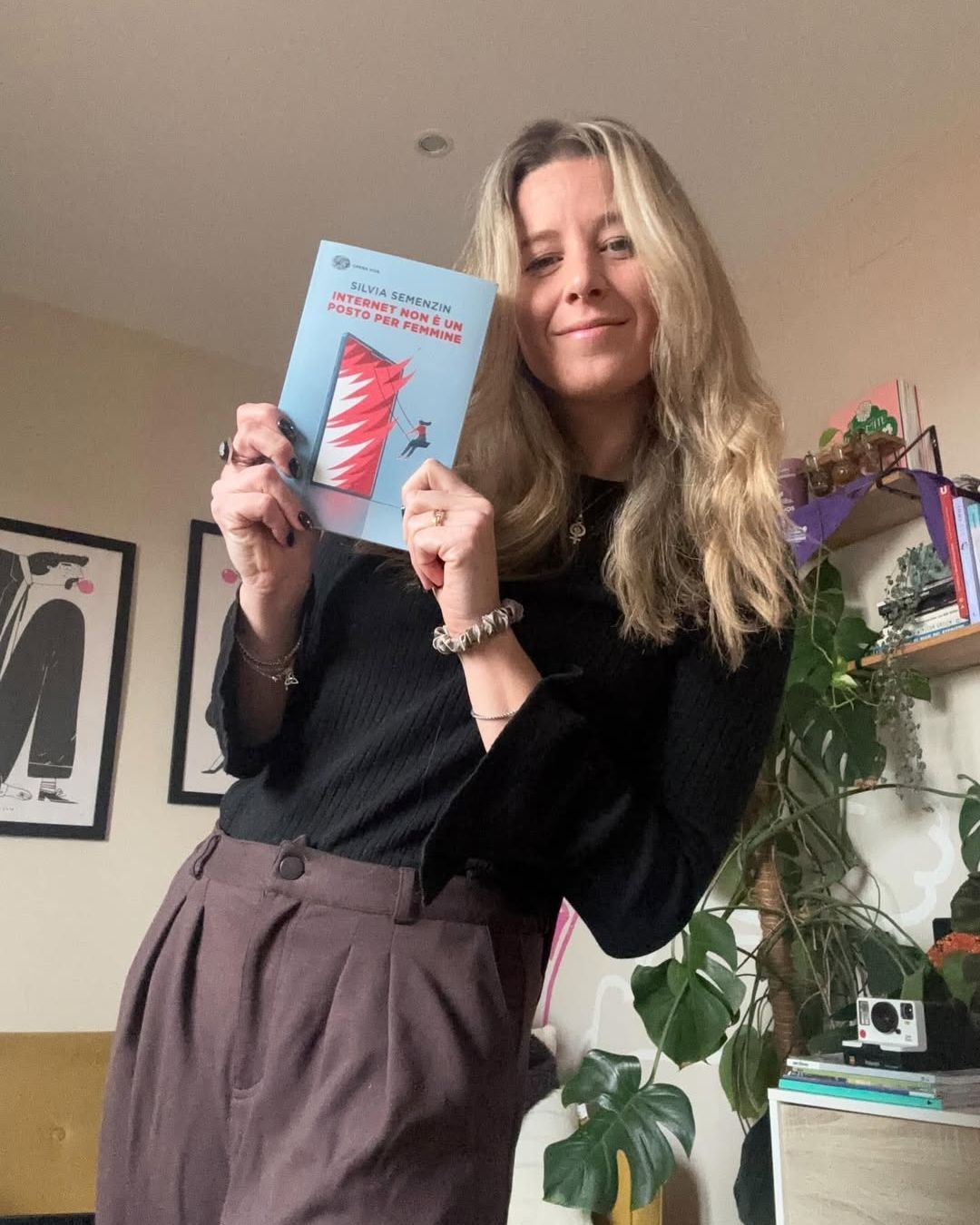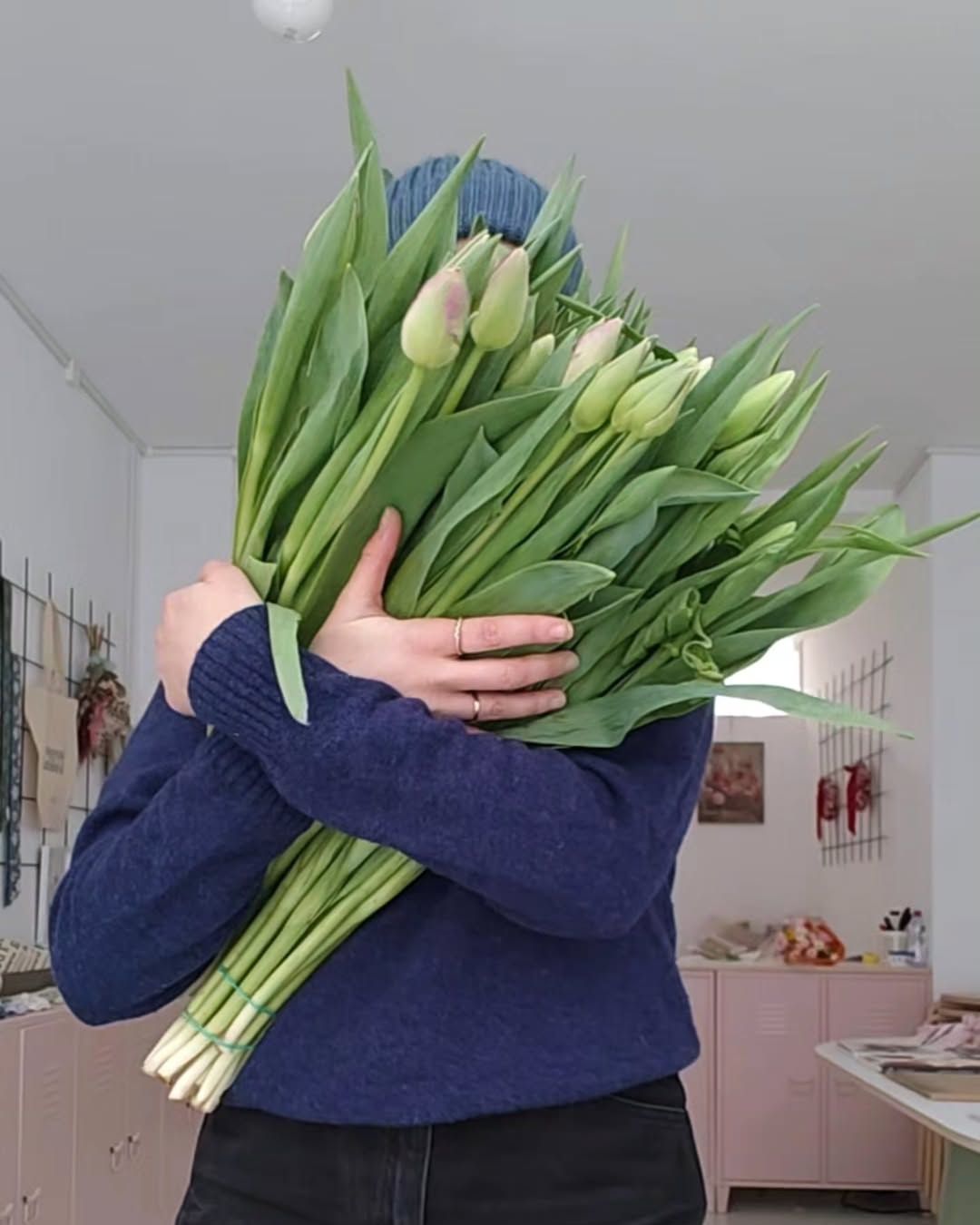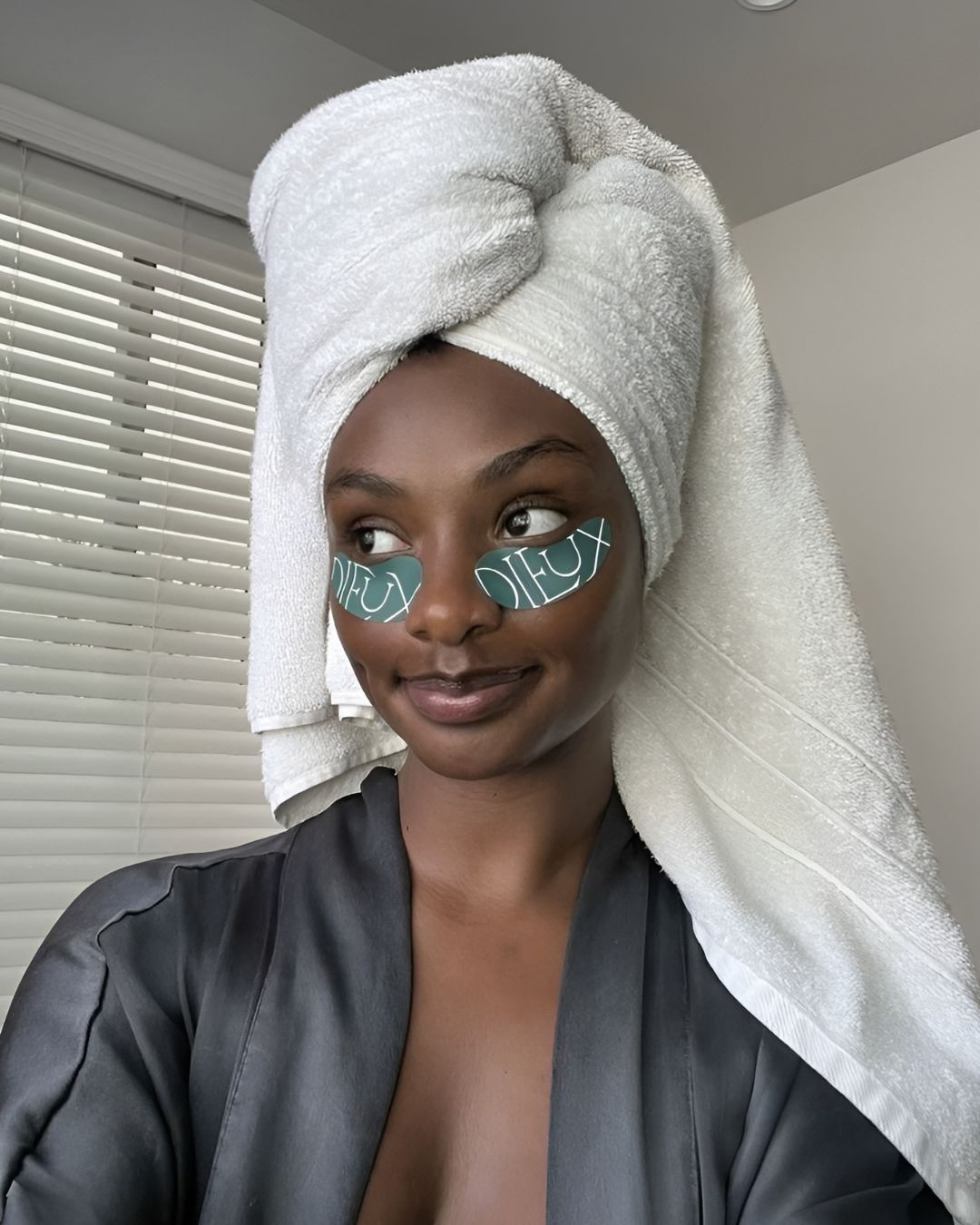
Arianna Ablondi Pedretti: "I try to recreate my interpretation of a feminist aesthetic." Interview with the Italian designer who launched a series of meetings at the Libreria delle Donne

On May 9th, the first talk in the new series of conversations on urgent issues affecting women, titled “In Her Words”, was held at the Libreria delle Donne di Milano. The event was presented by Arianna Ablondi Pedretti, an Italian designer and founder of the contemporary womenswear label Ablondi. The documentary shown during the evening – “Il corpo delle donne” by Lorella Zanardo – is one of the brand’s many inspirations, which combines Italian craftsmanship with feminist thought. The brand's very name, borrowed from the designer’s mother, is a tribute to all women and an invitation to rethink fashion as a space for intellectual, political, and technical expression. We caught up with her to learn more.
Interview with Arianna Ablondi Pedretti, Italian designer
“In Her Words” was born as a space for dialogue inspired by the feminist conferences of the '60s and '70s. What motivated you to intertwine fashion and feminist activism through such a symbolic event?
The motivation is the same one that led me to introduce feminist themes into my collections and campaigns from the very beginning: a strong sense of urgency surrounding these issues. In fashion, conversations about women’s problems often stop at press releases or the occasional online debate. I thought it was important to create a physical space where women could truly engage with meaningful topics and feel like protagonists—especially in an industry so tightly tied to the perception and construction of their (our) beauty. I often attend feminist conferences myself, and I felt it aligned with the brand to expand the conversation beyond digital spaces and into real, historical feminist venues. In this case, one of the most foundational spaces of Italian feminism: the Libreria delle Donne di Milano, which is celebrating its 50th anniversary this year.
The documentary “Il corpo delle donne” holds special meaning for Ablondi. How has it influenced your perspective as a designer and the visual language of your collection?
I first saw “Il corpo delle donne” by Lorella Zanardo at a pivotal moment while I was developing my Master’s collection at Central Saint Martins in London. I was doing extensive research on beauty pageants, Italian television, and a particular aesthetic surrounding the representation of women in Italy, something I grew up with. At the time, I didn’t quite know how to articulate what I felt, and the documentary was eye-opening. It made me realize my experience was shared by many Italian women of my generation. That was the start of a new research direction: I began thinking about how I could reclaim some of those aesthetic codes, play with them, ridicule them, and give a voice to the women who once felt distant to me, but really weren’t at all.
Ablondi merges Italian artisanal practices with a theoretical reflection on femininity, sexuality, and function. What balance do you seek between aesthetics and politics in your designs?
Through my pieces, I aim to offer a personal interpretation of a feminist aesthetic, one that can hold multiple layers of femininity. I always want my garments to provoke thought; I never want them to be sexualizing or censoring. I think a lot about what “functional” means in womenswear, which is a topic often undervalued. But that doesn’t mean I disregard aesthetics; different things can coexist in design, just as they do in femininity and even feminist theory.
Your brand works with a short and artisanal supply chain near Parma. How important is this local grounding in a project with international ambitions?
Yes, I actually work with artisans and businesses throughout Northern and Central Italy. I think it’s essential, especially now, in such a tough moment for emerging designers—to build relationships and produce locally. I believe it’s the only truly sustainable model. I also really value the relationship with the makers: it helps me grow as a designer. I see it as an exchange, just like collaborating with an artist. That’s why I want to stay close to the places where my garments are brought to life.
Your collections are often described as “nostalgic” yet deeply contemporary. Which Italian cultural codes fascinate you most, and how do you reinterpret them to speak to women today?
I think one of the big challenges as a designer today is exactly this: not falling into nostalgia in a post-postmodern world where everything is a reference of a reference, and the only seemingly safe spaces are past aesthetics. I like to think I bring a contemporary eye to design. I always think about myself, my friends, the women I know—even though my visual and theoretical research is deeply rooted in the ’60s and ’70s. As for Italian cultural codes, it’s funny you ask because that’s exactly what I’m exploring right now. I think it’s very difficult for us Italians to talk about Italy—especially in fashion, which is made of symbols and codes, and it's easy to fall into stereotypes. I don’t have a clear answer yet… hopefully I will with my next collection!












